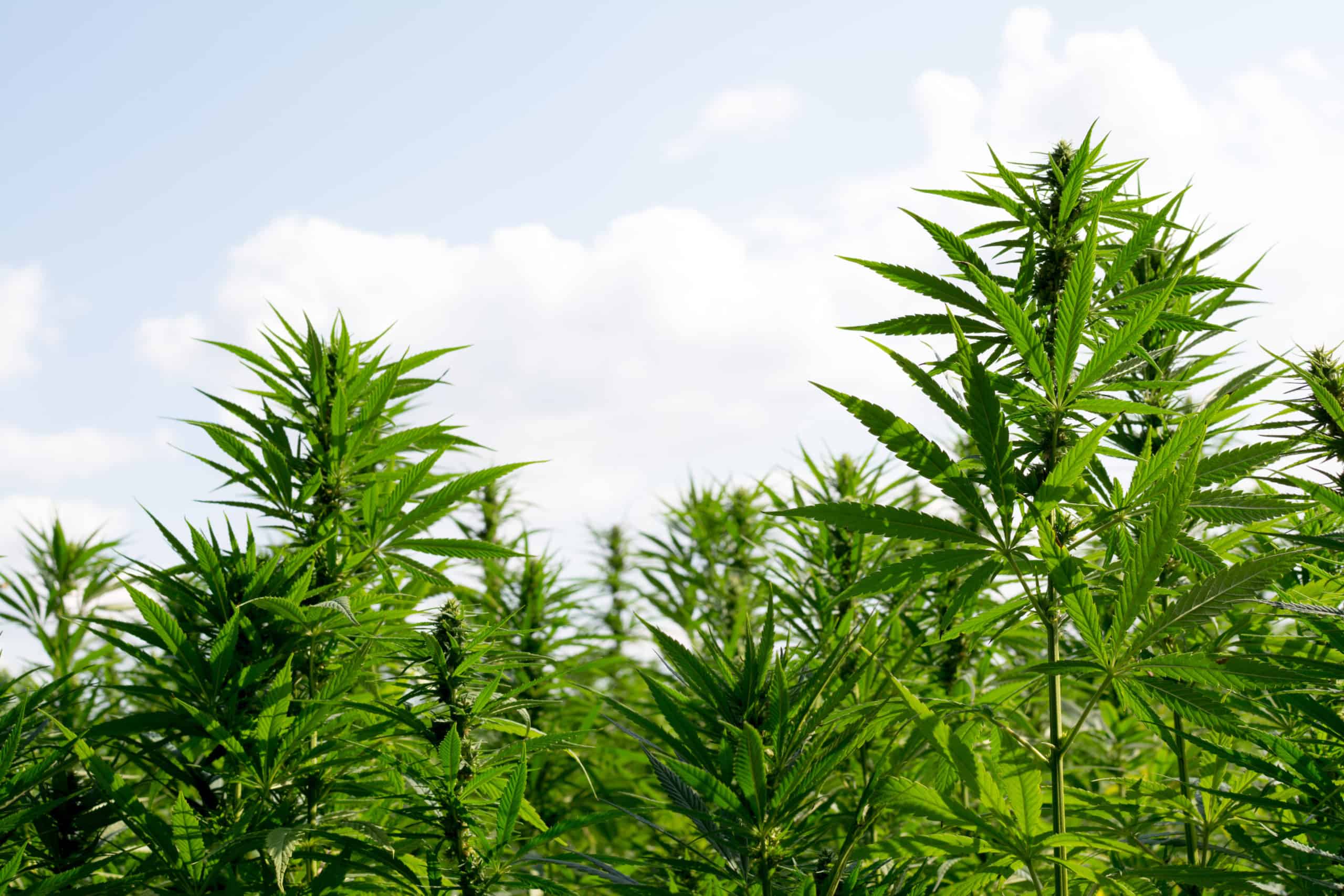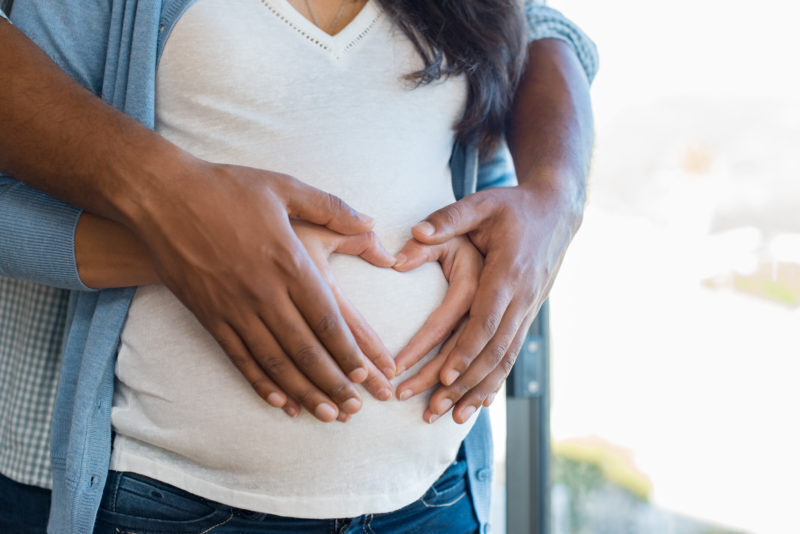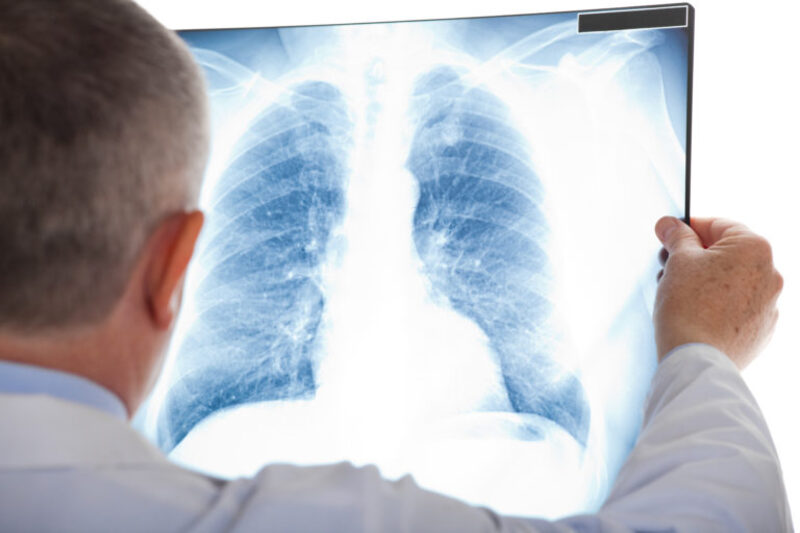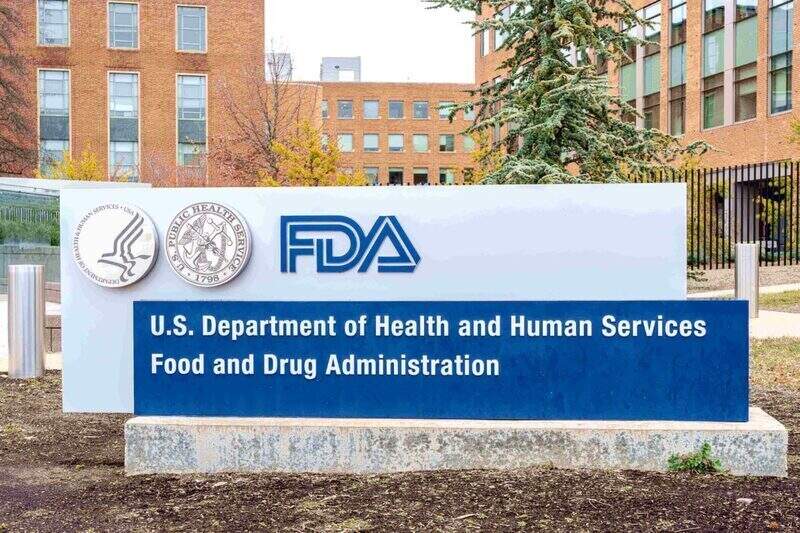-
- Market Research
- |
- CBD Near Me
- |
- Giveaways
- |
- Newsletter
- |
- Contact
- |
- Advertise
- |
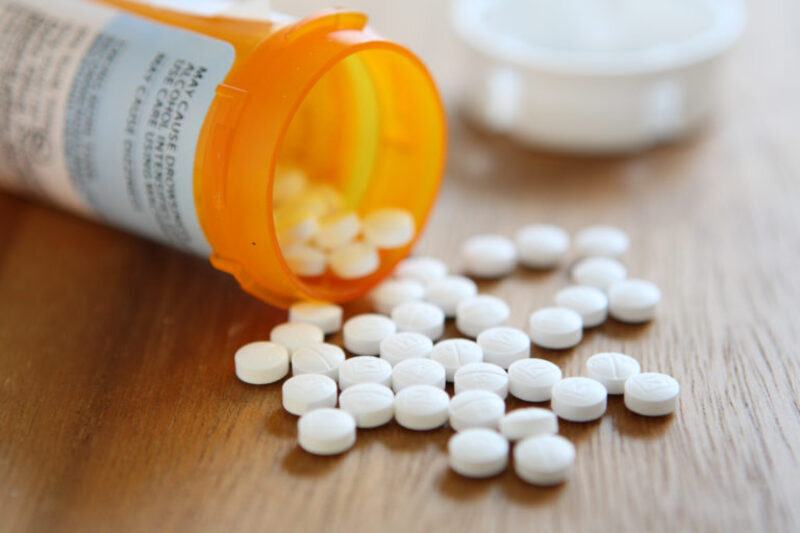
Here’s the latest CBD news:
- A drug development company is granted the first patent for a statin-CBD formulation.
- Starting this week, Australian pharmacists can sell CBD over-the-counter provided the products meet certain criteria.
- New research shows CBD is not as effective as previous studies have shown (if at all) in addressing symptoms of cocaine use disorder.
Table of Contents
- Drug Developer Granted Patent for Novel Statin/CBD Drug
- Cannabidiol Earns OTC Status in Australia
- Researchers Roll Back Claims Touting CBD for Cocaine Addiction
Drug Developer Granted Patent for Novel Statin/CBD Drug
Colorado-based Indication BioScience LLC, a pharmaceutical development company specializing in cholesterol-lowering drugs, announced Tuesday that they were granted a patent for developing a drug containing both CBD and a statin.
According to the American Academy of Family Physicians, prevalently prescribed statins are cholesterol-fighting drugs used for “the prevention of CVD (cardiovascular disease) events and mortality” in patients deemed by physicians to be at risk for such an “event,” including heart attack or stroke.
As part of their “Statin+” drug delivery platform, Indication BioScience is working on ways to improve outcomes among patients taking these drugs, which is where the addition of CBD comes in.
Specifically, the motivation behind the pursuit of U.S. Patent US10835501B2 was to offset some of the potentially severe side effects of statins, which can include:
- Muscle soreness and fatigue
- Increased blood glucose levels
- Some cognitive deficits (memory, confusion)
- Liver damage
According to Indication BioScience, who will now focus on funding clinical research prior to moving forward with production of CBD/statin drugs, the addition of CBD “has the synergistic effects of improved lipid lowering, reduction of arterial plaque, and dramatic reduction of side effects.”
Cannabidiol Earns OTC Status in Australia
Australia’s Therapeutic Goods Administration (TGA) announced their down-scheduling of “low-dose cannabidiol (CBD)” from a Schedule 4 substance to a Schedule 3 substance in mid-December of last year, a decision that just went into effect this Monday, February 1.
This particular jump is a monumental one for Australian CBD producers and customers alike, since it marks the divide between prescription-only (Schedule 4) and over-the-counter (Schedule 3) status.
In order to qualify for this down-scheduling, CBD products have to meet Schedule 3 criteria, chief among which is the requirement on pharmacists to adhere to the newly increased 150mg/day maximum daily dose.
Once a product is approved by the TGA, it is placed in the Australian Register of Therapeutic Goods (ARTG), and can thereafter be sold over the counter.
Somewhat similar to CBD’s status in America, products not approved by the TGA (the Australian equivalent of the US Food and Drug Administration) can still be accessed using alternative regulatory pathways such as the “Special Access Scheme (SAS) or Authorised Prescriber (APA) scheme.”
New Study Contradicts Existing Research on CBD for Cocaine Addiction
The results of a placebo-controlled trial on the effects of cannabidiol for cocaine use disorder (CUD) published on January 19th offer contradictory evidence to previous findings—namely that CBD is harmful, not helpful, for cocaine use disorder.
A 2019 study about CBD and CUD concluded “cannabidiol treatment might promote resilience to cocaine and methamphetamine use disorders.”
However, this more recent finding by University of Montreal Hospital Research Center authors concluded that “cannabidiol did not reduce cocaine craving or relapse among people being treated for cocaine use disorder.”
In the trial, 78 adults with CUD were assigned to CBD (800mg/day) or placebo groups and then phased through 10-day inpatient detoxification and 12-week outpatient follow-up programs.
Researchers used “drug-cue-induced craving during detoxification” and “time-to-cocaine relapse during subsequent outpatient treatment” as their measurable outcomes.
When exposed to drug cues, craving-related behaviors increased more in the CBD group than in the placebo group, and the risk of relapse (only three participants did not relapse) was very similar.
In light of this new turn in the evidence, more studies will likely surface to isolate and explore the factors causing the disparities in outcomes.


